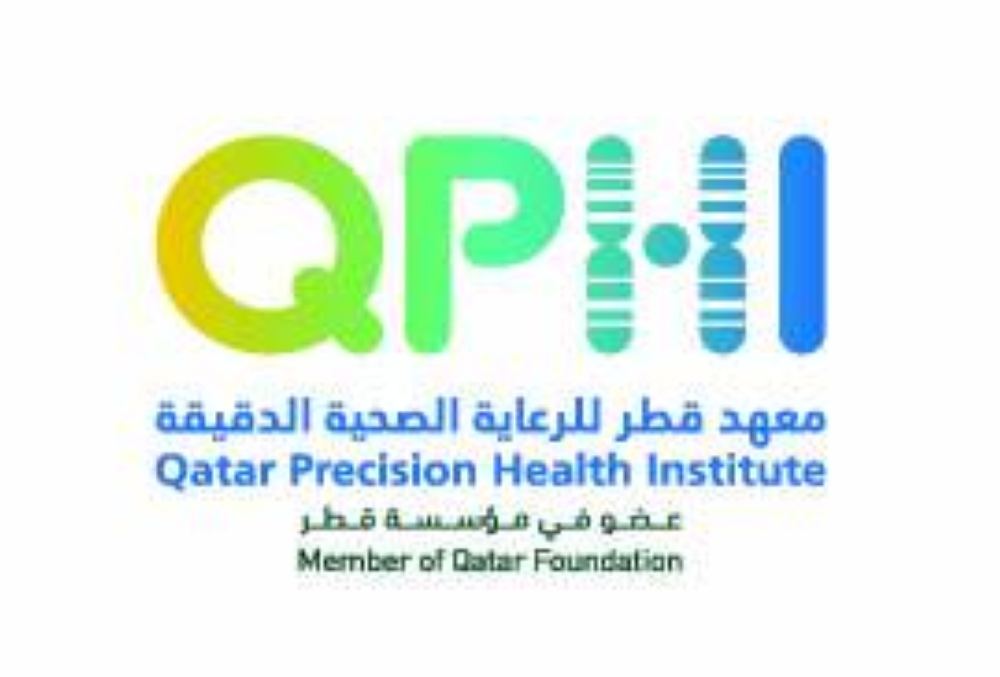In a recent feature in the Global Health documentary series by Reuters, Dr Said Ismail, acting president of Qatar Precision Health Institute (QPHI), has emphasised the transformative power of precision medicine, stating, “We aim to shift from treating diseases after their onset to focusing on disease predisposition, ultimately saving lives through early interventions.” This innovative approach is reshaping how healthcare is delivered in Qatar and beyond.
Through strategic partnerships with organisations like Hamad Medical Corporation (HMC), QPHI has implemented groundbreaking pharmacogenomics pilots, enabling doctors to prescribe the most suitable medications based on patients' genetic information.
Moreover, QPHI actively participates in international consortia, addressing global health challenges such as the genetics of Covid-19. QPHI stands at the forefront of a healthcare revolution championing precision medicine that tailors treatments based on individual genetic profiles.
Dr Hamdi Mbarek, research and partnerships director of QPHI, highlighted the significance of such collaborations, stating, “It is crucial to collaborate and to share knowledge and data with the international community because this is in essence what we hope to do is to be part of open science and open research.”
QPHI was launched in 2024 by Qatar Foundation (QF) advancing education, research and innovation, and community development to benefit people in Qatar and globally.
Explaining how QPHI’s mission aligns with QF’s priorities, Dr Ismail shared that precision health is a main focus theme for QF in line with the country’s national vision. He added, “Several key players within Qatar Foundation's ecosystem, including research institutes and national-scale programmes like Qatar Biobank and Qatar Genome, are integral to this vision."
Formed from the merger of Qatar Genome and Qatar Biobank, QPHI capitalises on a robust genomic data repository, further diversifying the representation of the Qatari population in genomic research. Dr Radja Badji, a biomedical informatics researcher, emphasises the importance of local capacity building: "With the right infrastructure and leadership, we can address disparities in healthcare interventions through precision medicine."

